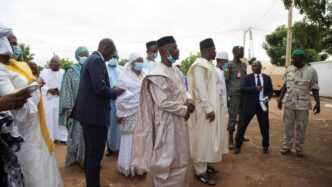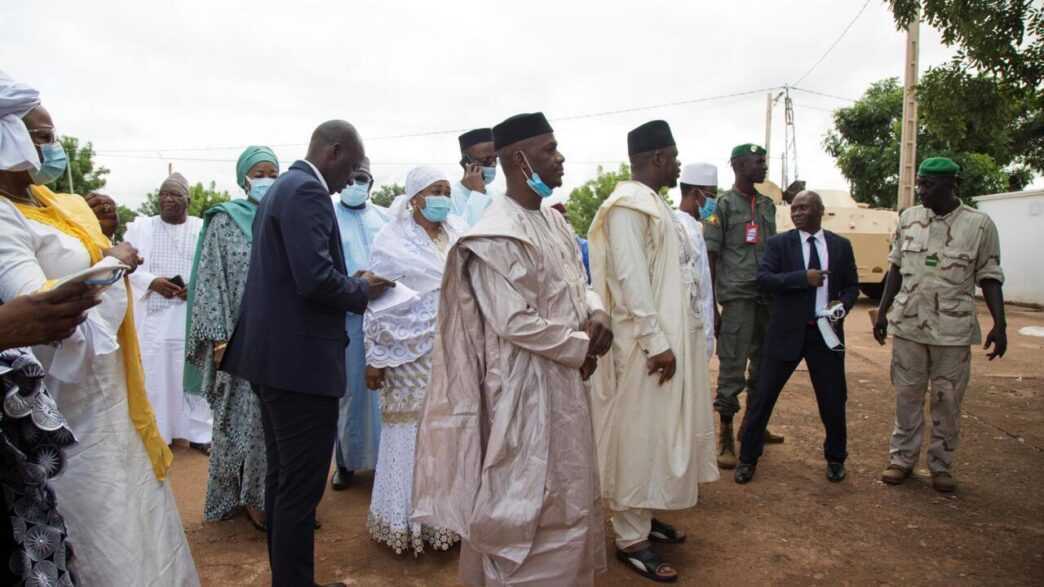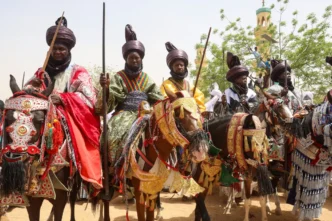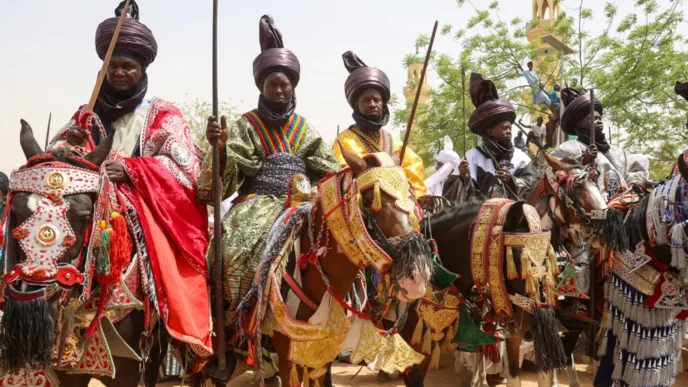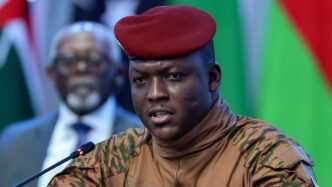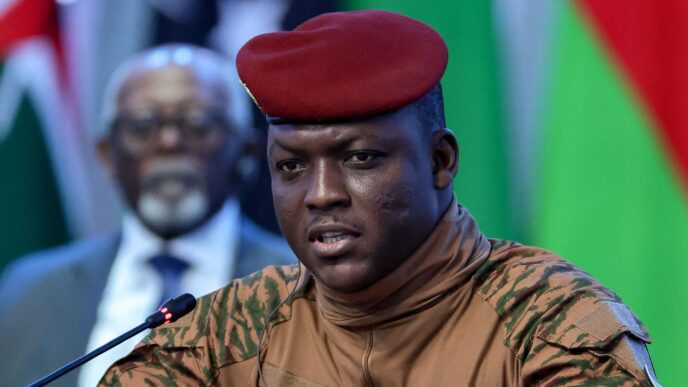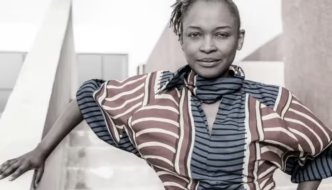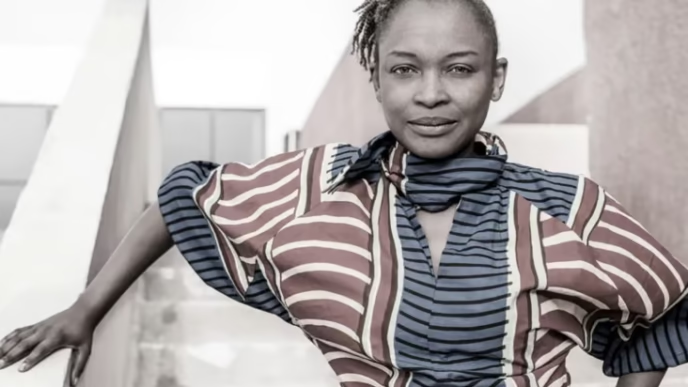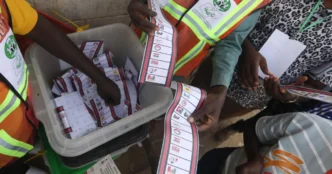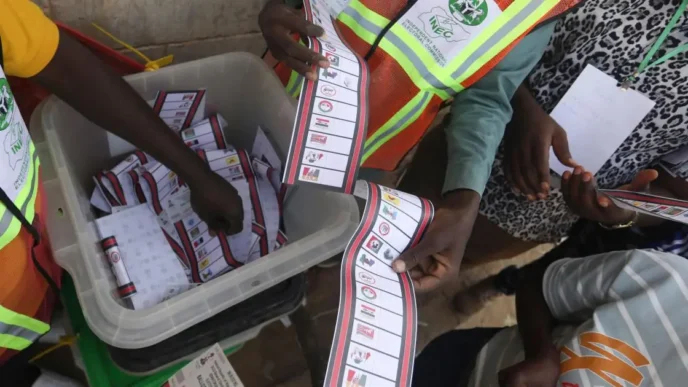Mali opposition leaders were freed after six months of detention, indicative of the country’s tense political situation.
A Malian court granted the provisional release of 11 opposition figures on Friday, who had been arrested in June for allegedly plotting against the military-led government. This decision aims to foster a more conciliatory political environment amid escalating tensions.
The arrests took place on June 20 during a meeting deemed “illegal” due to a temporary ban on political activities. The detainees were accused of conspiring against the junta after signing a March statement urging the military to restore civilian rule.
Former Malian minister Djiguiba Keita, representing the Party for National Renaissance (Parena), expressed optimism following the release, describing it as a move to “ease the political climate.”
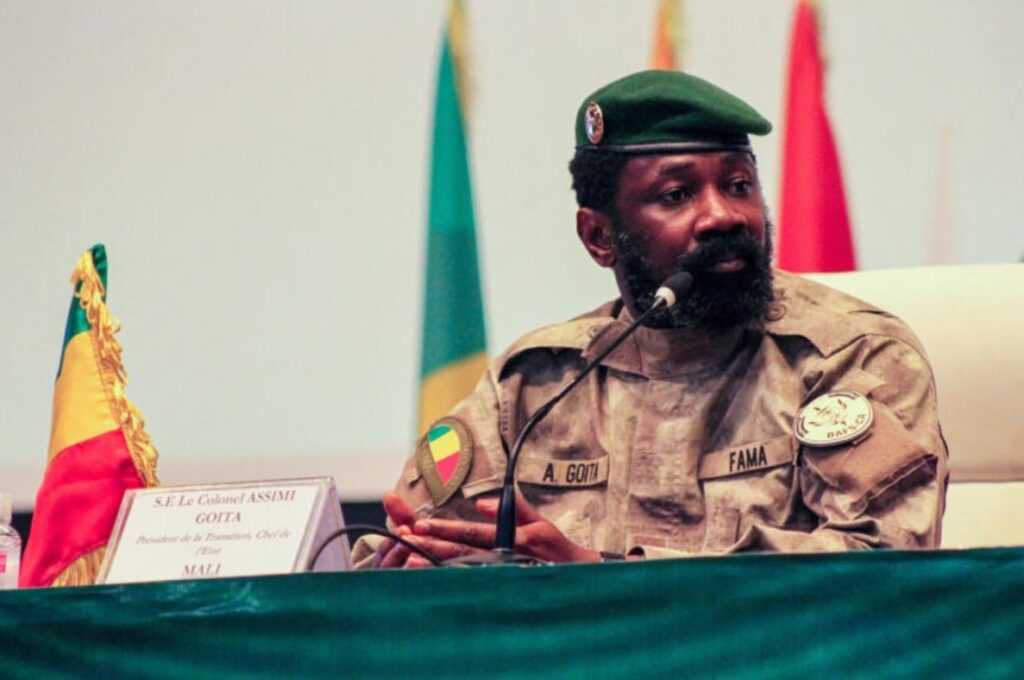
Political Tensions Ease with Mali Opposition Leaders Freed
This release follows the controversial appointment of General Abdoulaye Maiga as Mali’s prime minister. The decision has been interpreted as a gesture to reduce political discord as the nation grapples with the military’s extended grip on power since the 2020 coup and subsequent 2021 military takeover.
Issa Togo, a member of the Adema PASJ party and former National Assembly member, confirmed that the 11 freed leaders are now free to resume political activities and travel.
However, prominent figures such as Issa Kaou N’Djim, former vice-president of the National Transitional Council, and economist Etienne Fakaba Sissoko remain incarcerated. Both have openly criticized the military regimes governing the Alliance of Sahel States—Mali, Burkina Faso, and Niger.
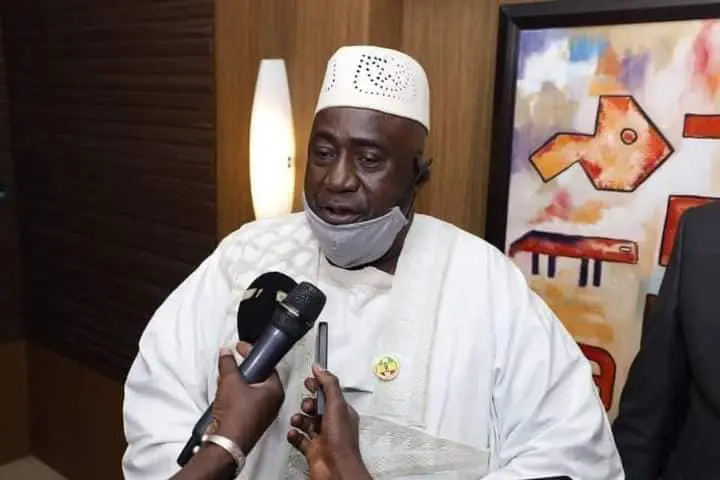
Mali Opposition Leaders Freed Amid Junta-Led Governance
The transitional government has faced criticism for delaying the presidential election initially scheduled for 2024. Abdoulaye Maiga’s appointment as prime minister in November, following the ousting of civilian prime minister Choguel Maiga, intensified domestic and international scrutiny of the junta’s intentions to relinquish power.
This latest development has sparked hopes for a shift toward a more inclusive political process in Mali. Nonetheless, the continued imprisonment of other activists and leaders indicates that the journey toward national reconciliation is far from complete.
The release of the 11 opposition figures accentuates the delicate balancing act within Mali’s political framework.
While their freedom is a step forward, much work remains in achieving genuine political stability.
Will this decision pave the way for a return to democracy, or will the challenges persist under military rule?
Read More:
